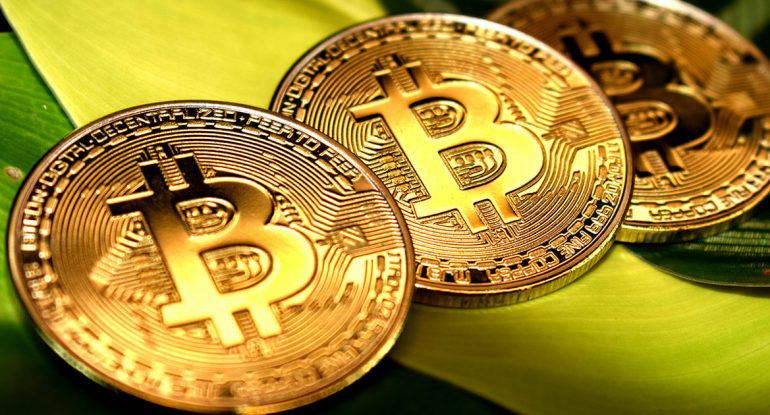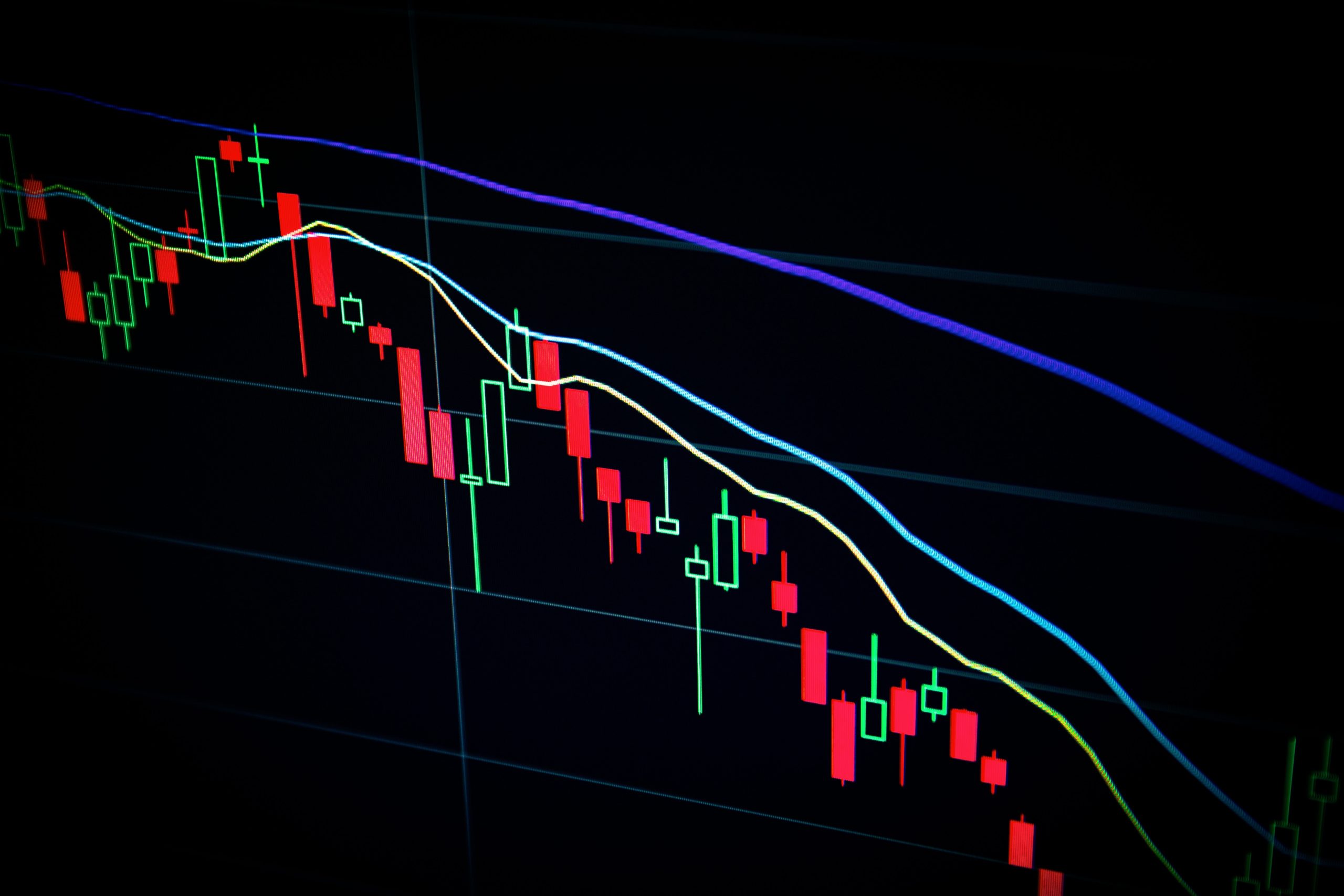Cryptocurrency exchange markets are digital exchanges where traders can buy, sell and convert various cryptocurrencies and NFTs (non-fungible tokens). The digital assets function on decentralized blockchains that are theoretically immune from government interference or manipulation.
Traders should look for the best cryptocurrency exchange for their needs and financial goals. Several factors will influence the selection process, including price, speed, and security.
Decentralized
Typically, cryptocurrency exchange markets (CEXs) act as intermediaries between users who want to buy and think kā pārdot bitcoin . However, there are now decentralized cryptocurrency exchange markets, or DCE markets, that allow traders to trade without having to rely on an intermediary. This type of exchange is more secure, and it offers many benefits to traders.
Decentralized cryptocurrency exchanges are a growing trend in the world of financial technology. They are designed to provide more privacy and security than centralized exchanges. They also charge lower fees than centralized exchanges.
The main difference between centralized and decentralized exchanges is that centralized exchanges are located on servers, whereas DEXs run on the blockchain. This means that you, as a user, never have to share your personal information with a third-party. This makes DEXs more secure than centralized exchanges, which are often targets of hackers who look to get rich quickly.
DEXs are a part of decentralized finance (DeFi) and provide users with the means to execute transactions through deterministic smart contracts. This is a form of permissionless composability, and it allows users to develop new types of financial products without the need for a middleman.

A decentralized exchange is a trading platform that allows investors to purchase and sell different cryptocurrencies through an order book and smart contracts. The orders are placed by users and then executed by the smart contracts. These contracts can be based on various rules, such as how many units of a token are needed to swap for another asset, how long it should take for other users to offer bids, and so on.
Decentralized exchanges https://www.bybit.com/en-US/ have become popular because they are more secure and user-friendly than centralized exchanges. They are a great way to buy and sell coins, but they do come with some downsides.
One major drawback is that decentralized exchanges do not have the liquidity levels of centralized exchanges, which are critical to making them a profitable option. Some DEXs have incorporated automated market makers, or AMMs, into their system to increase liquidity.
While AMMs can be an effective tool, they do not replace centralized order books and are susceptible to issues related to their performance and accuracy. In addition, a DEX’s use of AMMs may be subject to government scrutiny, so it is important to select a decentralized exchange that is governed by local laws and regulations.
There are also other factors to consider before choosing a DEX. These include fees, customer support, user education, security, and managed liquidity pools.
If you are looking for a DEX that offers low fees and strong security features, then you should check out the best exchanges in your region. They should also have a user-friendly interface and a friendly team of experts to answer your questions.
There are a variety of decentralized exchanges on the market, each with its own design and unique benefits. The most common DEX design is an order book, which matches buyers and sellers on a single blockchain. Other popular designs include automated market makers, aggregators, and smart contract based DEXs.

